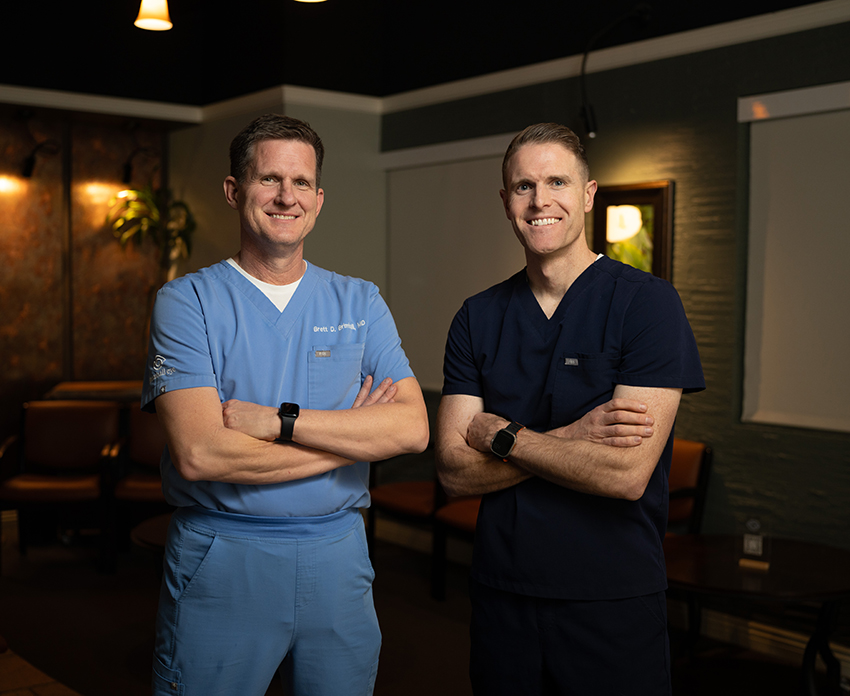
Best in Eye Surgery. Best in Eye Care.


Floaters, those pesky dark spots or cobweb-like shapes drifting across your vision, can be a real nuisance. While they are usually harmless, persistent floaters can disrupt daily activities and even indicate underlying eye conditions that require attention.
Our experienced team of ophthalmologists in Las Vegas is well-versed in the latest techniques for floaters removal. We begin by conducting a comprehensive evaluation of your eyes to determine the severity of the floaters and rule out any associated eye conditions.
Your safety and well-being are our top priorities at Brimhall Eye. We ensure that every step of the floaters removal process is conducted with utmost care and precision. Our ophthalmologists are highly trained and experienced in performing these procedures, minimizing the risks associated with floaters removal.
Before undergoing any treatment, we will provide a comprehensive consultation, explaining the benefits, potential risks, and available alternatives. We believe in empowering our patients with knowledge, so you can make informed decisions about your eye care.


 Pamela JacksonEntire staff and Dr. Dennis were fantastic!!
Pamela JacksonEntire staff and Dr. Dennis were fantastic!! Jaimie HastingsAmazingly helpful staff. Dr. Thompson is kind, gentle, and first class. I would recommend him and Brimhall Eye Center without hesitation.
Jaimie HastingsAmazingly helpful staff. Dr. Thompson is kind, gentle, and first class. I would recommend him and Brimhall Eye Center without hesitation. lvsrt4Dr.Thomson and his staff did an excellent job with my lasik eye surgery. I would recommend them to anybody looking for lasik eye surgery.
lvsrt4Dr.Thomson and his staff did an excellent job with my lasik eye surgery. I would recommend them to anybody looking for lasik eye surgery. Josh KouglAmazing!! Highly recommend.
Josh KouglAmazing!! Highly recommend.![Daun Korkow [Gilbert ES]](https://lh3.googleusercontent.com/a-/ALV-UjVGw-glQ2tXIE5ikZnZs1T99mug1nEbqop04lQH4hrfhpXS1A-h=s120-c-rp-mo-br100) Daun Korkow [Gilbert ES]They made a difficult situation tolerable. Everyone was competent, prompt and cordial.Google rating score: 4.9 of 5,
Daun Korkow [Gilbert ES]They made a difficult situation tolerable. Everyone was competent, prompt and cordial.Google rating score: 4.9 of 5,
based on 870 reviews

Personalized Eye Floaters Treatment
We understand that every patient is different, which is why we take a personalized approach to eye floaters treatment. Our skilled professionals tailor each procedure to suit the individual patient, ensuring the best possible results. Through our expertise and attention to detail, we strive to provide optimal outcomes for your vision.

Consultation
If you’re experiencing bothersome floaters that are affecting your quality of life, contact us today to schedule an appointment with one of our experienced eye doctors to discuss your treatment options. Our team provides the best care and treatment for all types of eye conditions, including floaters.

Southwest Location
Northwest Location
West Location
Copyright © 2023 Brimhall Eye | Privacy Policy | Terms & Conditions |